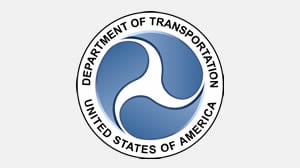RSS feed source: National Science Foundation
The U.S. National Science Foundation is investing $6.2 million in 24 exceptional researchers who have been selected as NSF Established Program to Stimulate Competitive Research (EPSCoR) Research Fellows. This prestigious program aims to support early- and mid-career scientists in states that receive lower levels of NSF funding, helping them to establish a strong foundation for or relaunch their research careers.
The EPSCoR Research Fellows (ERF) program offers numerous benefits to fellows, including financial support, mentorship opportunities and access to cutting-edge research facilities. The fellows will receive funding and support from NSF to pursue their research projects and establish strong collaborations at national research facilities. ERF also supports fellows in establishing themselves as leaders in their fields and making valuable contributions to the scientific community.
“EPSCoR is a national program that ensures our federal research dollars reach every corner of our nation, and that the Americans who live in these 25 states and territories have the same opportunities to be part of the STEM workforce, access to world-class facilities and partnerships- all of which unlock breakthroughs that wouldn’t happen otherwise.” said Brian Stone, performing the duties of the NSF director. “By funding Research Fellows, the American taxpayers are directly investing in the next generation of discoveries that create jobs, strengthen local economies, and expand America’s innovation capacity.”
The 24 researchers selected as EPSCoR Research Fellows represent
Click this link to continue reading the article on the source website.


